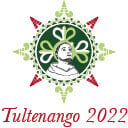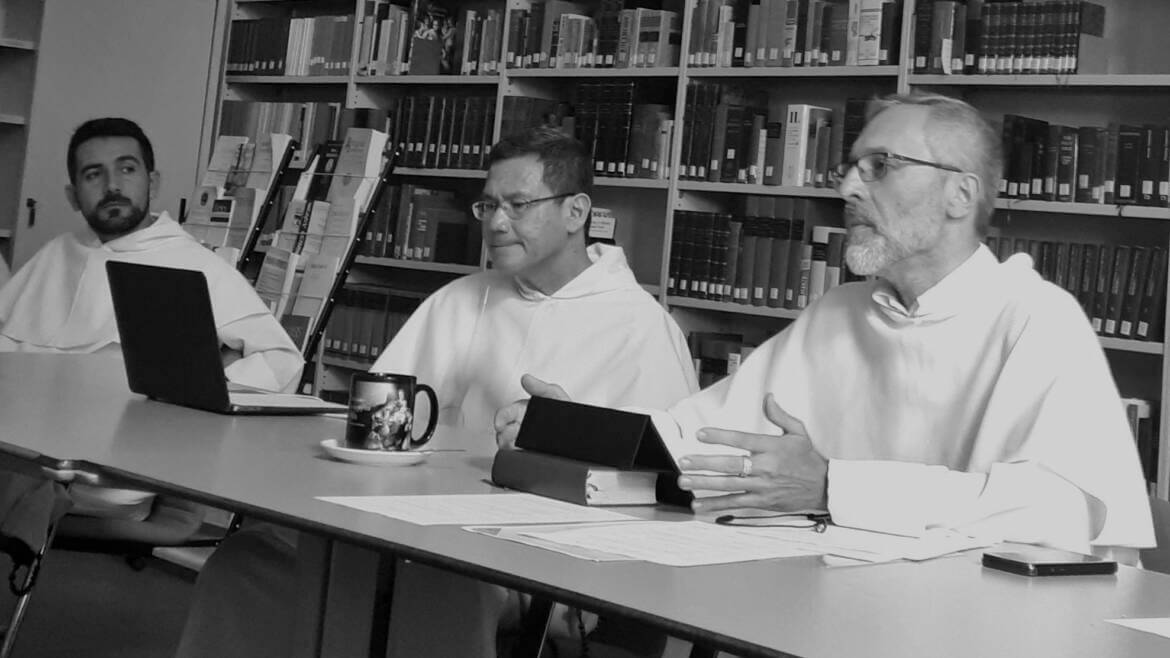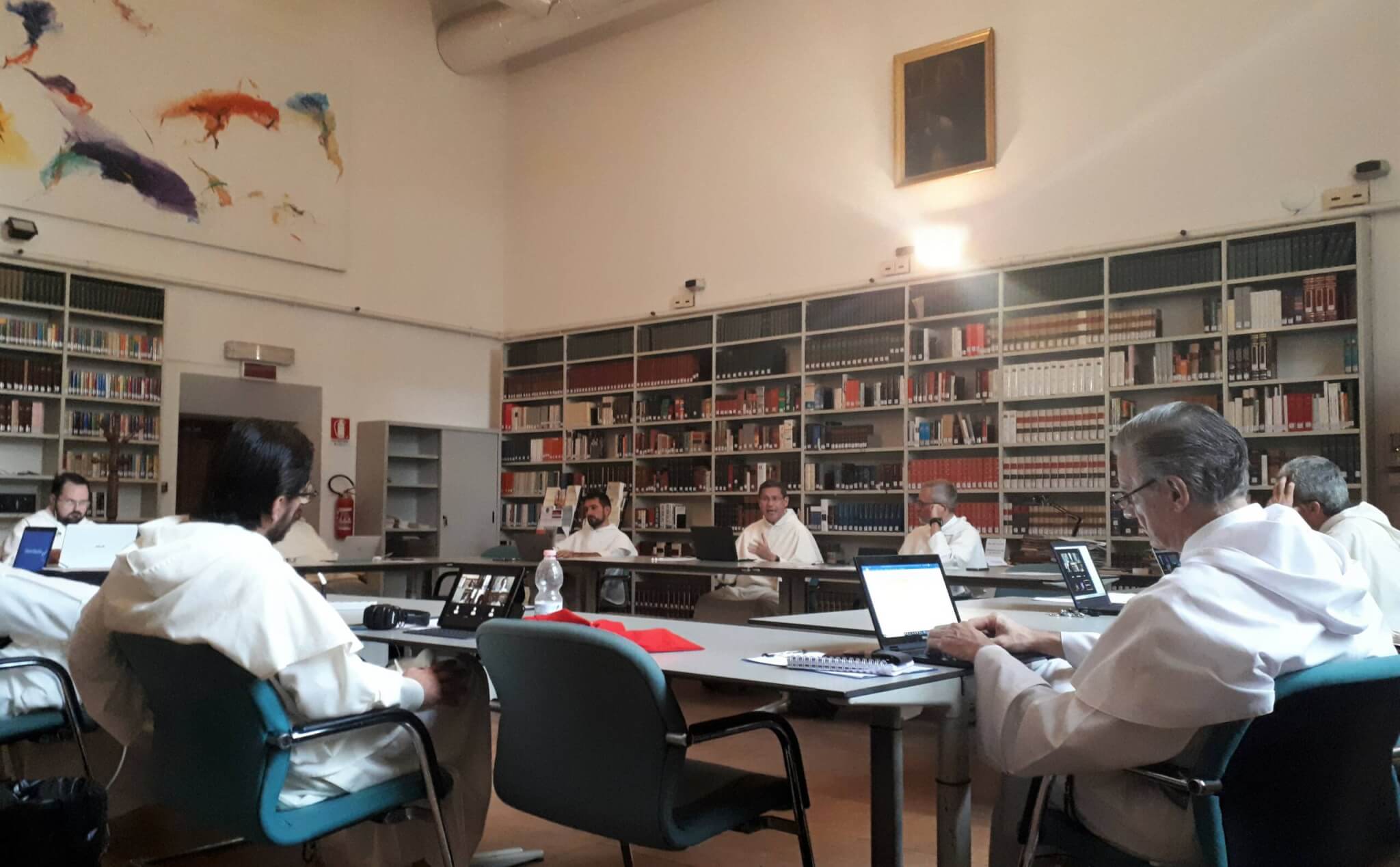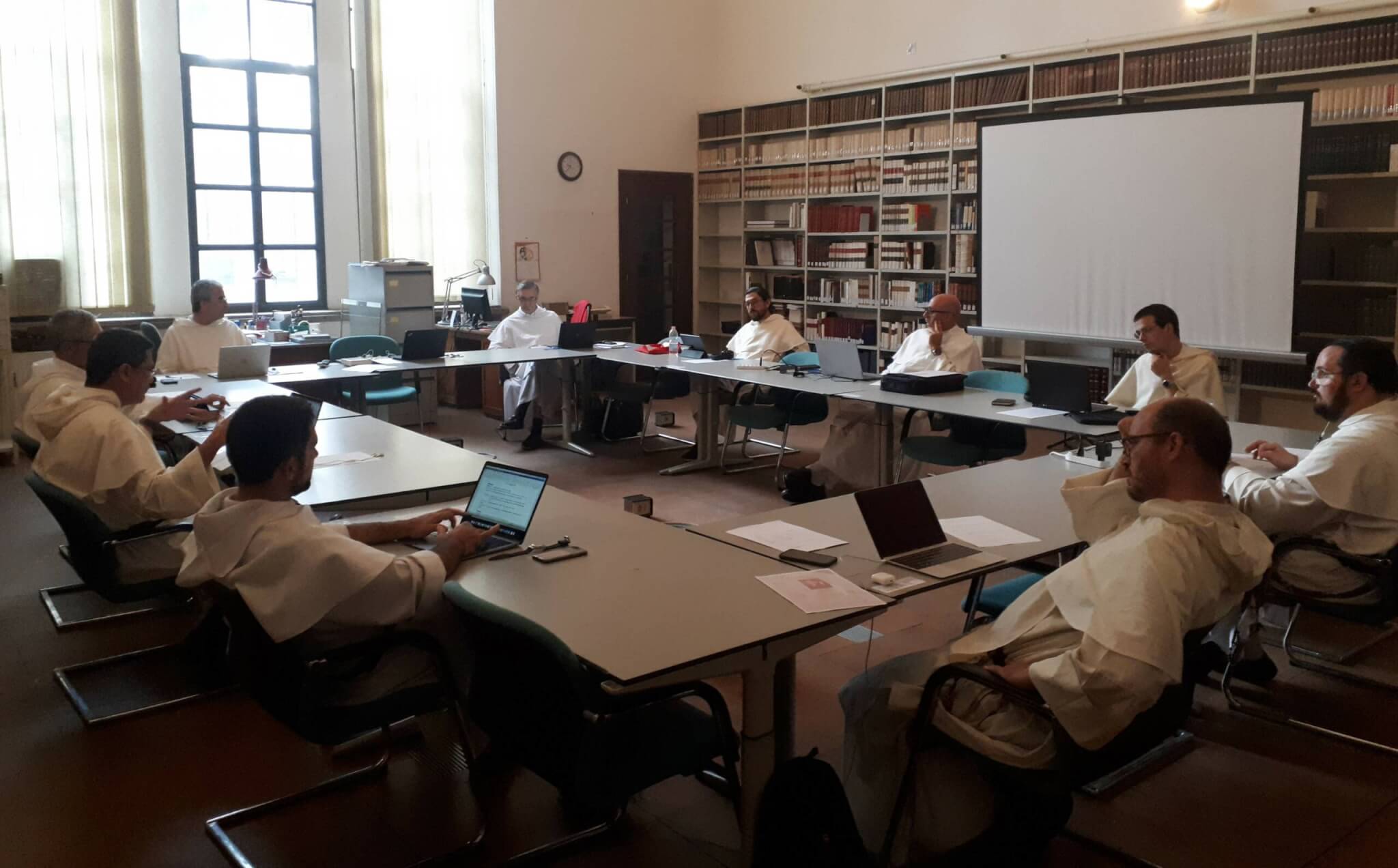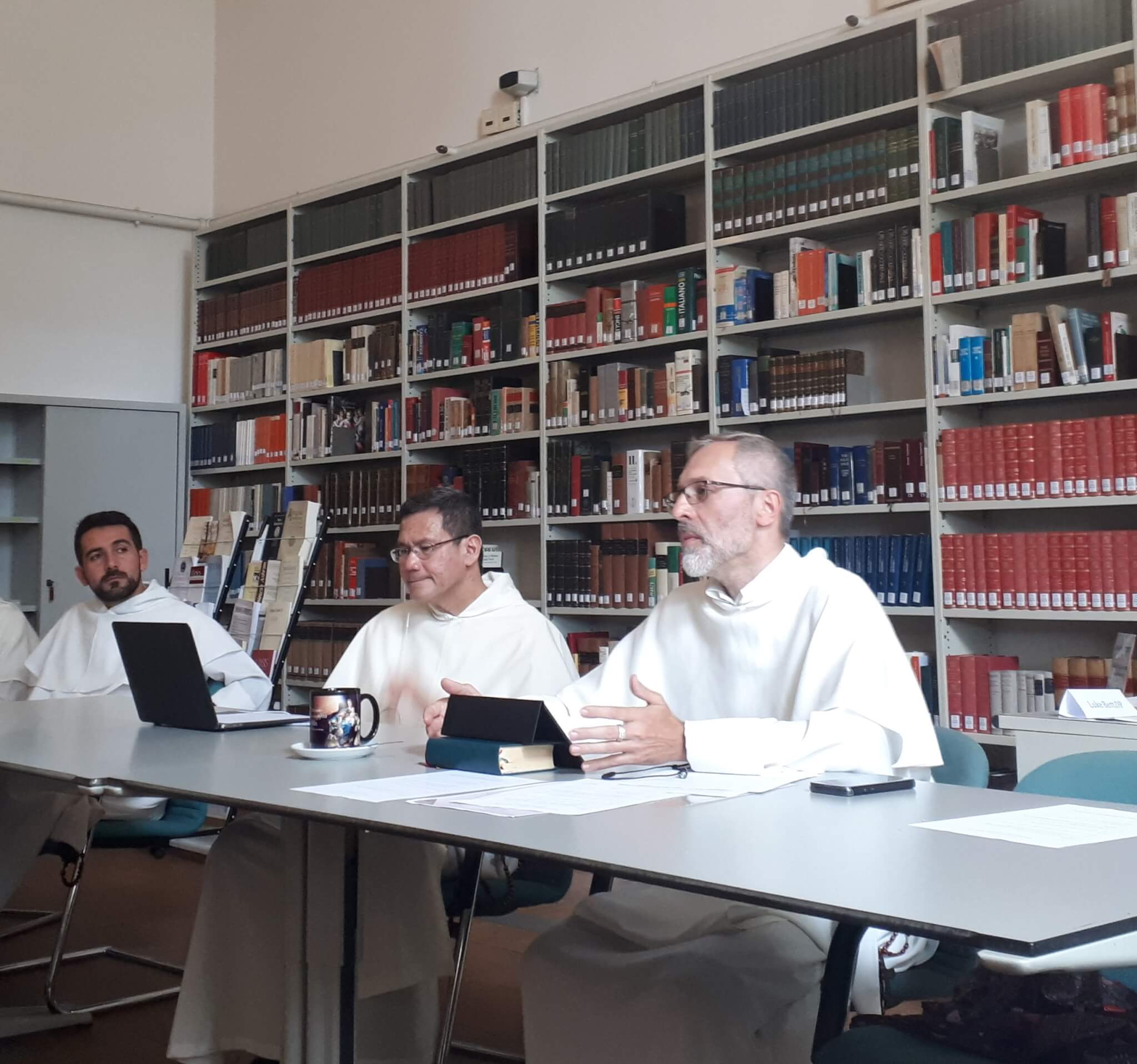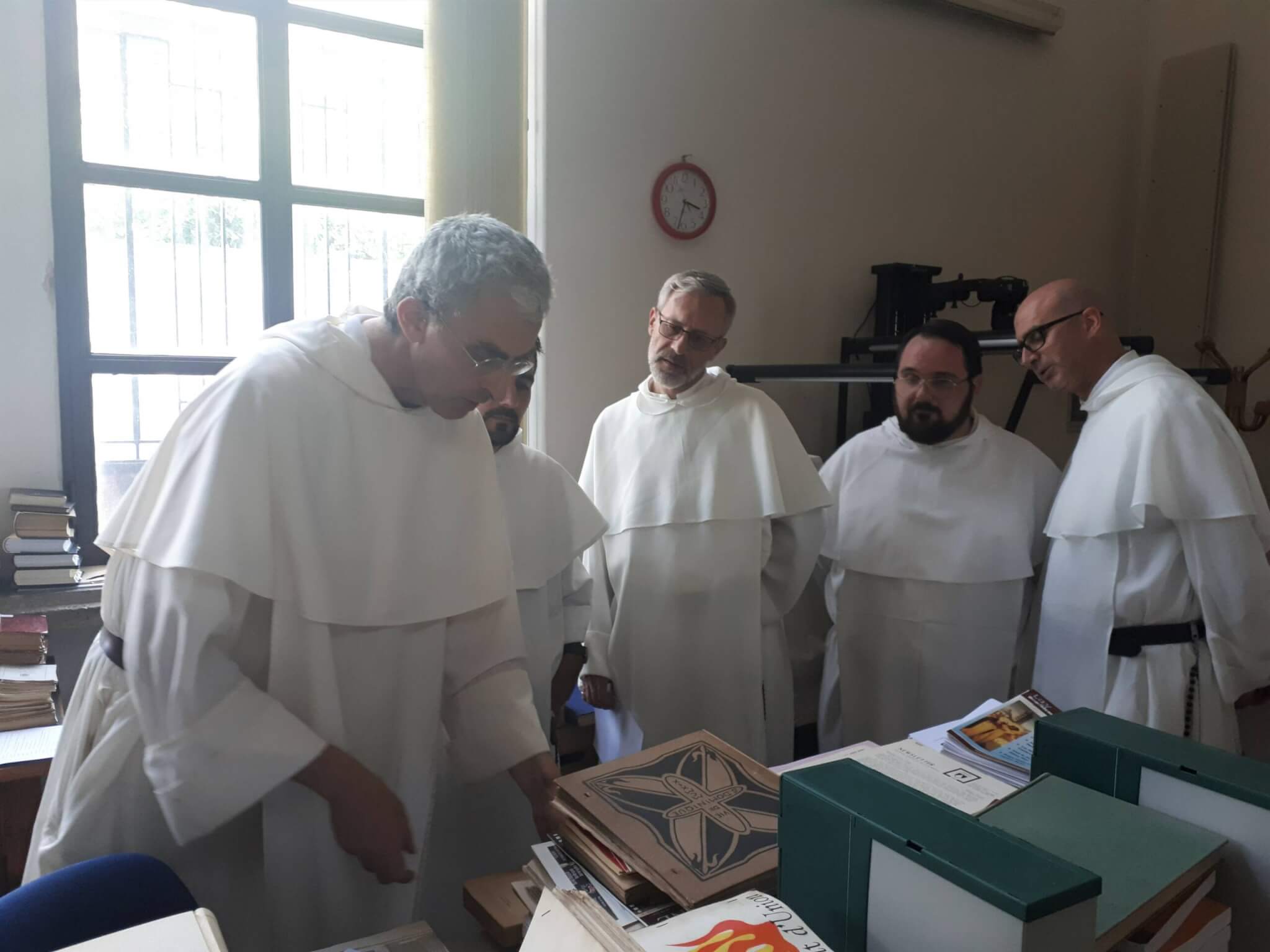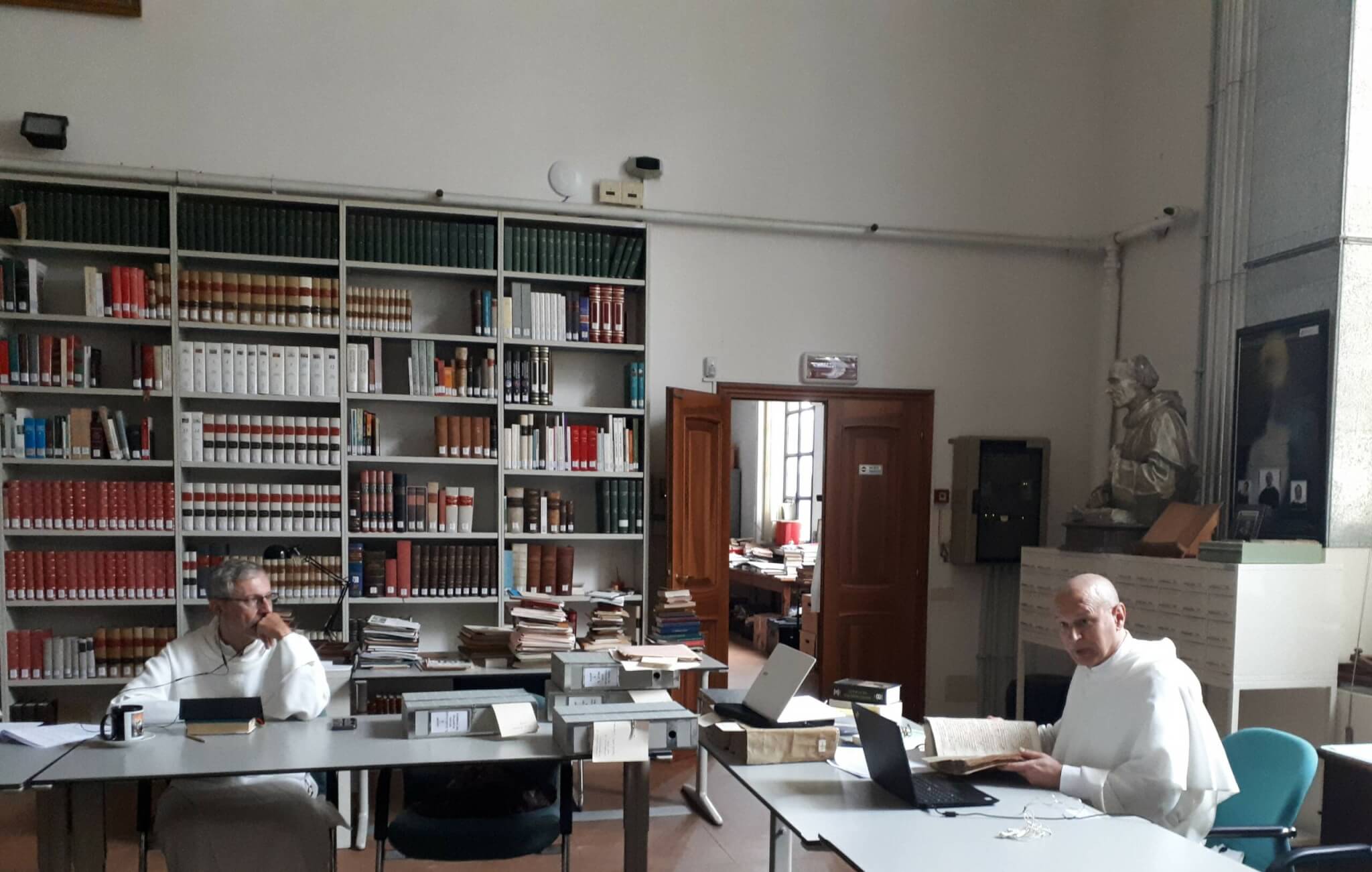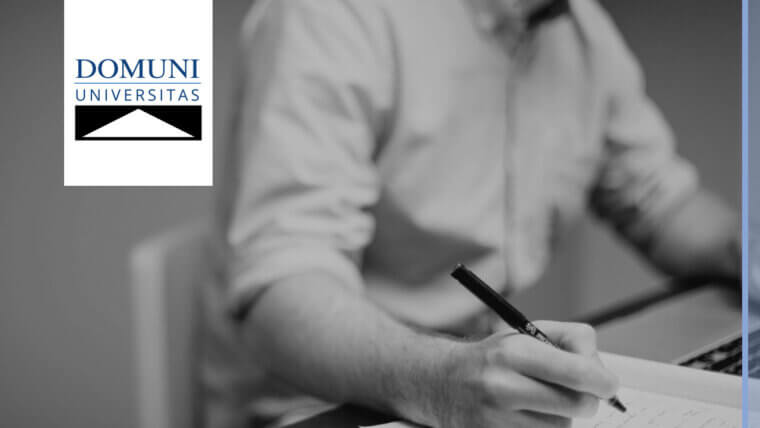Meeting of the Dominican Students of History (Rome 22-25 September 2020)
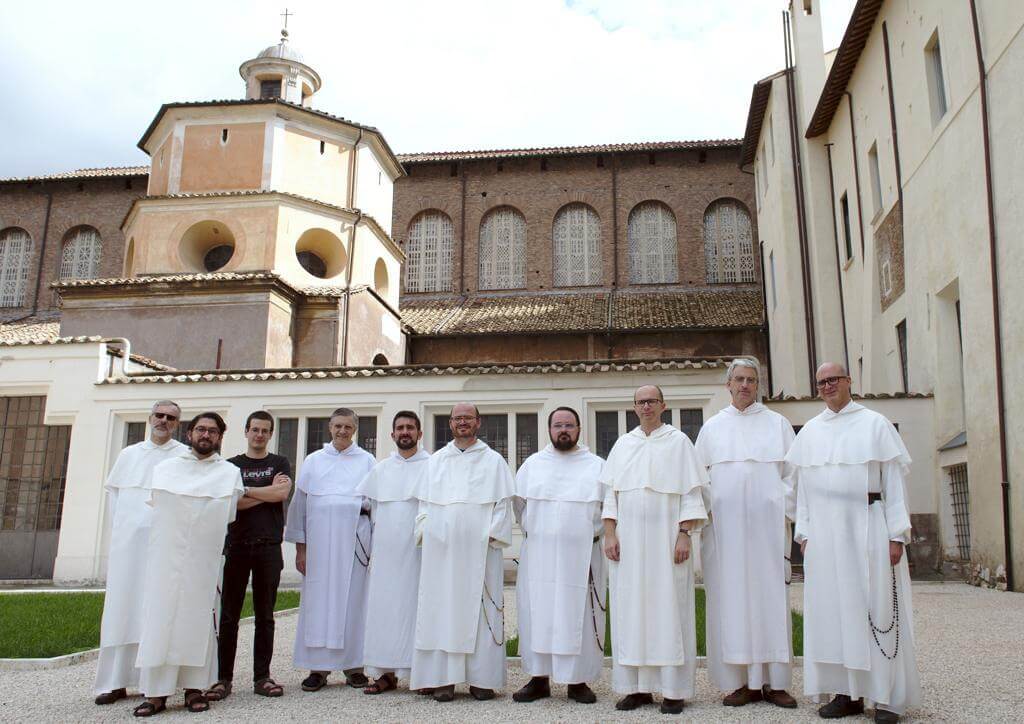
A meeting of Dominican students of history, organised by the Historical Institute of the Order in collaboration with the General Archives and the General Postulation, was held in Rome from 22 to 25 September 2020. After the last meeting of this kind in the Jubilee Year 2016 in Toulouse, the cradle of the Order, the Institute invited young brothers and sisters dedicated to historical studies, this time to the Eternal City. Six friars from four Provinces (Toulouse, St. Dominic in Italy, Colombia and Belgium) participated in the meeting which took place in the locations of the General Archives at the Santa Sabina Convent on the Aventine Hill.
After an informal opening with dinner and recreation with the friars of the General Curia and of the Convent on Tuesday 22 September, the official programme began on Wednesday morning with a meeting with the Master of the Order Br Gerard Francisco Timoner III and his Socius for Intellectual Life Br Pablo Sicouly. In his speech, the Master recalled the Ratio Studiorum Generalis no. 7 which quotes St. Albert regarding the importance of community and fraternity in our life of study: in dulcedine societatis quaerens veritatem. As the Master said, study is essential for entry into a community of people who seek the truth; in the case of those participating in the meeting, this search for truth is through the perspective of the science of history. Further, Br Gerard recalled the importance of historical studies in the Order, emphasizing four points:
- Just as Provincials, the General Curia, formators, et al. help maintain communion in the Order in its synchronic sense, historians of the Order help serve communion in its diachronic sense, i.e., that we are in communion and in fundamental continuity with the Order across history;
- History guards against any fundamentalistic tendency in the Church, including in the Order;
- History corrects some of our mistaken preconceptions about the past;
- The Order needs our brother and sister historians so that we may be faithful to the charism of the Order, which is not “frozen” in some idealised “golden age” but grows and develops with historical changes, yet striving to remain true and faithful to the founts or sources of the originating charism, i.e., the gift Dominic received to help build the Church.
The first block of the meeting continued with a short presentation of the history of the Historical Institute, established 90 years ago, and its current activities by Br Viliam Stefan Dóci, President of the Institute. Br Gabriel Peter Hunčaga, medievalist and member of the Historical Institute, offered a reflection on the significance of historical research in the Order, the relationship between history and theology, the role of knowledge of history in the formation of corporate identity and, last but not least, the potential for Dominican preaching through the collaboration of Dominican historians with historians outside the Order and the Church. He stated: “Because our history, throughout the existence of the Order, is happening in a relationship ‘with the world’, we have something to offer to people outside of the Order and the Church.”
During the second block, Br Augustin Laffay, Archivist of the Order, presented the General Archives as the official archive of the Master of the Order and the General Curia: he spoke of its role as a depository, which serves as a rich source of information for historians. He also pointed out the need for a clear order of the documents, presented the catalogue of the Archives and offered the friars an exciting tour of the shelves of the depository. The “Archive Afternoon” continued with the first presentation of the seminar participants: Br Innocent Smith, who is currently working on his dissertation at the University of Regensburg on the history of the Dominican liturgy in the 13th century, presented the liturgical manuscripts preserved in the archives of Santa Sabina.
On the morning of Thursday 24 September, the group visited the library of the Historical Institute, located at the University of St Thomas Aquinas (Angelicum), and the Archives of the Roman Dominican Province at the Convent of Santa Maria Sopra Minerva. The afternoon session was opened with a presentation by Sister Sabine Schratz from the Dominican Congregation Cabra, member of the Historical Institute, who spoke about her research project “Censoring Newman: Joseph Mullooly OP (1812-1880) and Papal Infallibility”: it is devoted to the Irish Dominican friar of San Clemente, who was entrusted with the task of examining a “suspect” work by the recently canonised John Henry Newman. Sister Sabine, who was unable to travel to Rome from Dublin because of the Covid-19 measures, took part in most sessions of the seminar through video conference. Three further presentations of the seminar participants followed. The Colombian Br Juan Francisco Correa Higuera, who is studying for his PhD in Paris, spoke about “The two visions for the restoration of the Dominican Colombian province in the 20th century: Colombian and French friars working on the same project”. Br Anton Milh, a PhD student of Church History at the University of Leuven, offered a presentation entitled “Une épineuse question (A thorny question). Flemish Dominicans and nationalism, 1914-1945”. Br Albert Casella from Milan concluded the panel by presenting his earlier research on “Bartholomew of Bologna and the Thomist school in Armenia in the 14th and 15th centuries as an example of interculturation”.
The last panel on Friday 25 September was no less exciting than the previous ones: Br Gianni Festa, the Postulator General of the Order, began by speaking about the challenging work of the Postulator General, especially from the perspective of a historian. Using several cases as examples, he showed how precise historical work is necessary for the success of a beatification or canonisation process. He presented to the participants some documents preserved in the General Archives of the Order and explained how the documents produced in connection with a causacan be used as sources to research various aspects of history.
The three intensive days were a special opportunity to learn new things about the rich past of our Order as well as to exchange ideas about possibilities for a collaboration. On the part of the members of the Historical Institute, there is of course the desire that the young religious who have accepted the invitation to the seminar will have the best success in their studies and research.

